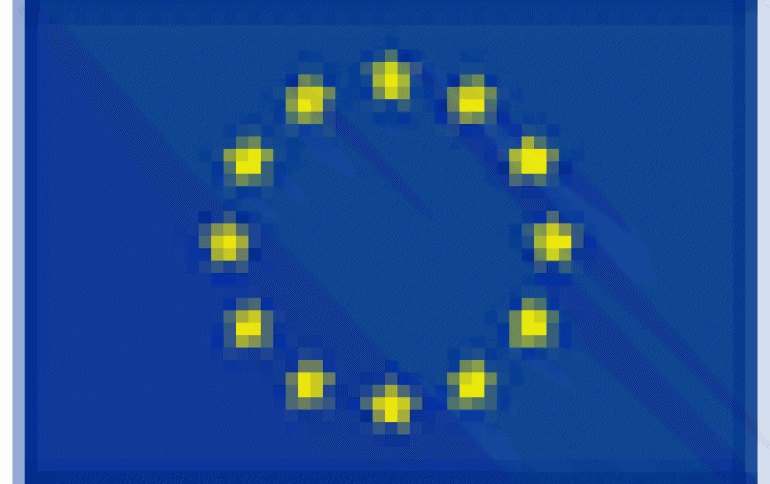
Europe Follows Grokster's Lead
The directive actually goes further than the U.S. ruling, in that it makes indirect copyright infringement a crime, while Grokster was a civil case.
The European Commission proposal would also set the maximum criminal penalty for piracy by a "criminal organization" to four years in prison and a 300,000-euro fine. Additionally, it seeks to address disparities in anti-piracy criminal penalties across Europe by obliging different EU member countries to draft uniform maximum prison sentences into their sentencing guidelines.
According to the international recording industry, the proposed criminal sanctions do not go far enough.
"The (proposals) contain some useful elements, such as increased maximum fines and enhanced cooperation, but overall there is not much added value to existing national legislation," said a representative for the International Federation of Phonographic Industries. "Most EU member states already have maximum prison sentences for intellectual property offenses that are higher than the four years proposed by the commission. The proposals also fail to tackle a key problem for the creative industries -- the failure of courts when applying the law to impose truly deterrent sentences."
However, if adopted, the directive could help facilitate the task of a U.S. firm seeking to prosecute a company or individual for indirectly infringing on its copyright in Europe. As it stands now, it would be difficult for a U.S. plaintiff to sue someone in Europe by using the Grokster ruling.
A programmer who wrote software in a European member state, for example, might be liable under Grokster if the program was created for the sole purpose if inducing and promoting illegal downloads, and most of the acts of infringement take place within a U.S. jurisdiction. But pressing a trans-Atlantic lawsuit would still pose problems for copyright owners, especially when it comes to the physical act of serving someone with process, which must be done in person.
"One of the problems you have with a lot of internet cases is finding the defendant," said attorney Don Conwell, former chair of the Computer and Internet Committee for the American Bar Association and head of the computer law practice group at the law firm of Fowler White Boggs Banker. "Sometimes they can be mom-and-pop shops. And it will be difficult to find them without the rules of discovery in the U.S."
Meanwhile, U.S. courts will likely soon decide the boundaries of Grokster, while the Europeans ponder their definition of what indirect copyright infringement means -- a particularly daunting task when it comes to technology used for both legal and illegal purposes.
For his part, Gasser supports the European Commission's overall intentions to legislate criminal sanctions against large-scale and commercial-grade copyright violations for profit. What is needed, he said, are more precise definitions of what is legal and illegal, especially when it comes to the software and IT fields. "I think we need to decide what 'commercial scale' means and to find wording that is much more specific," said Gasser.
From Wired News





















